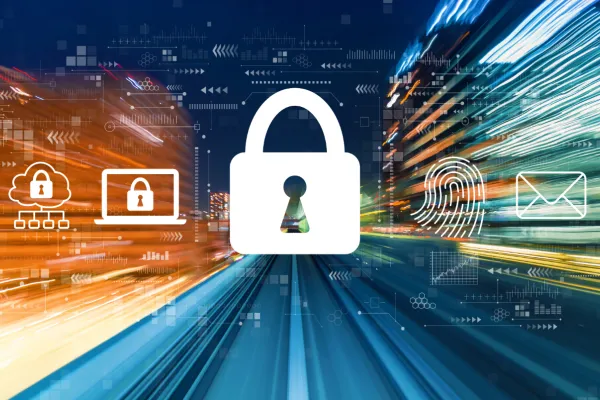Business Support
To help you grow your business call us on 03000 6 03000
Rydym yn croesawu galwadau’n Gymraeg.
We welcome calls in Welsh.

To help you grow your business call us on 03000 6 03000
Rydym yn croesawu galwadau’n Gymraeg.
We welcome calls in Welsh.




